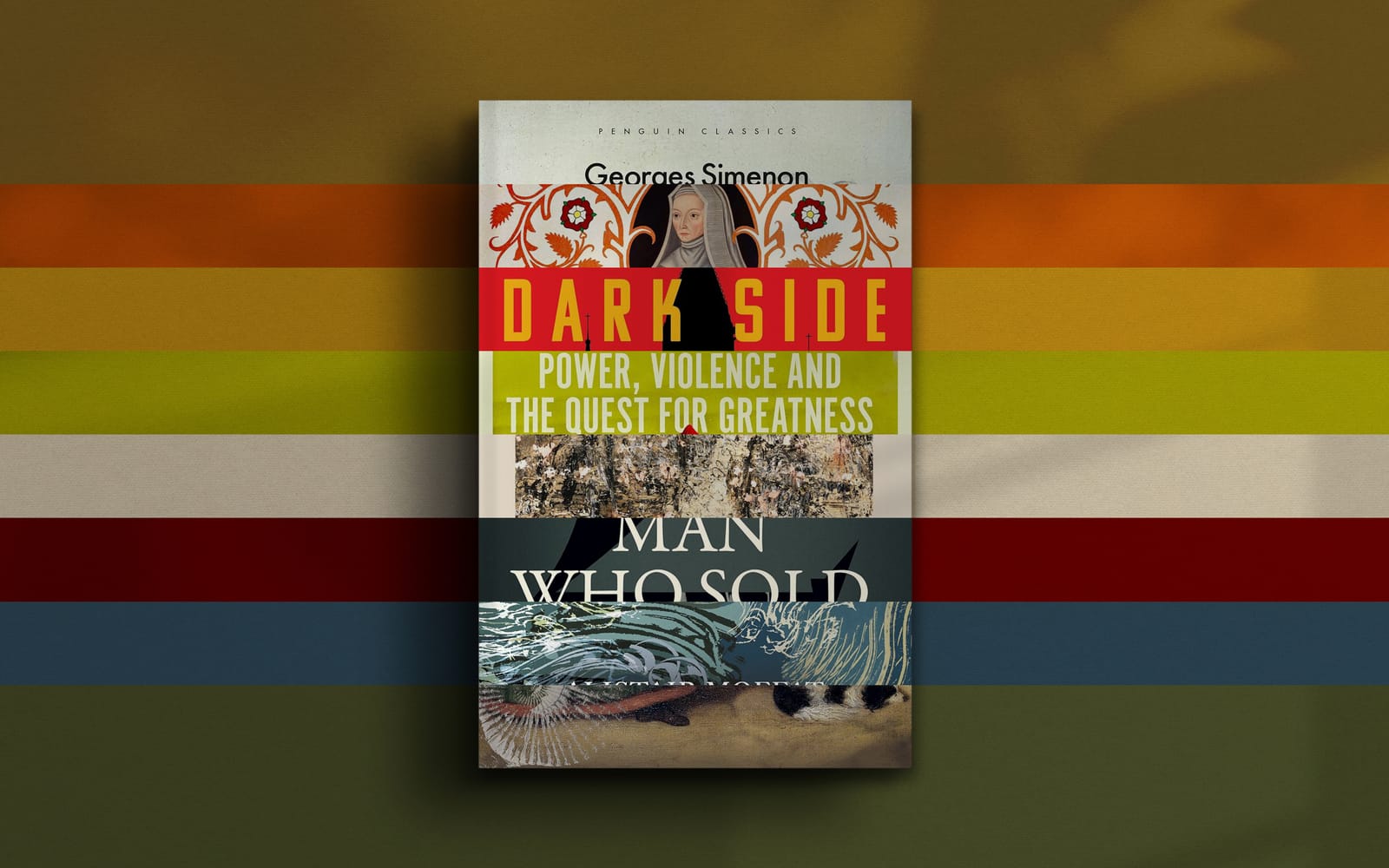New History Books for June 2024
From King James I to New Deal America, invisible ink to London pubs


Here is a selection of anticipated new history books that will be released over the month ahead.

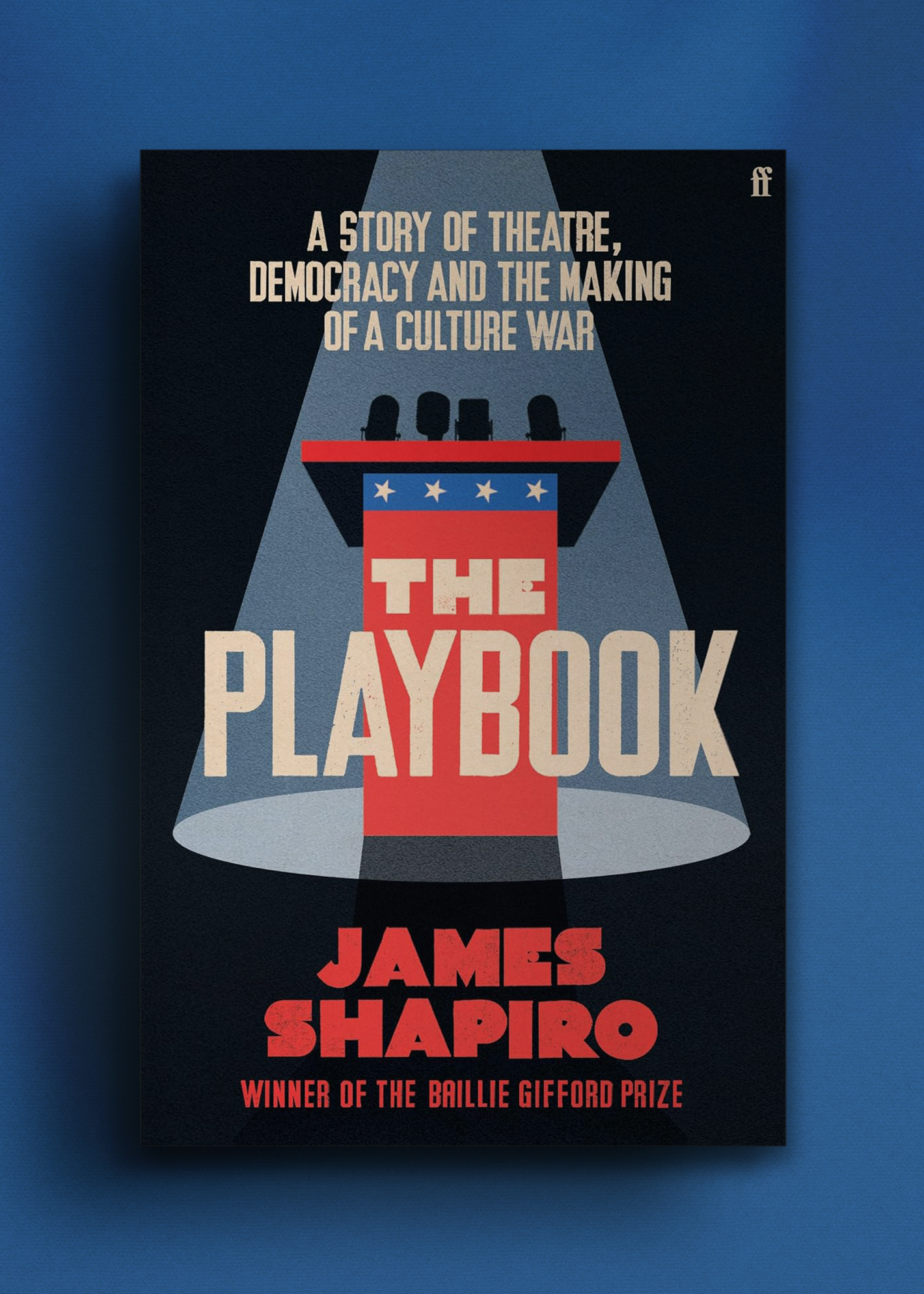
The Playbook by James Shapiro
Faber, 6 June, 2024
The enduring appeal of James Shapiro’s superb 1599: A Year in the Life of William Shakespeare was demonstrated last year when a panel of judges for the Baillie Gifford Prize crowned the book the ‘Winner of Winners’ in a special 25th anniversary event for the UK’s premiere non-fiction prize.
In that quarter of a century Shapiro, a professor of English at Columbia and comparative literature, has expanded far beyond the raucous theatres of Tudor London. A new theme, explored in several of his recent works, is the intersection of theatre and politics in the modern USA.
This new work, The Playbook, continues this interest. It is set in the 1930s, in FDR’s ‘New Deal’ era America, and it examines the lifespan of the ‘Federal Theatre Project’. A generously resourced initiative, the FTP ran from 1935-9, funding more than a thousand theatrical productions across the nation and many more projects besides. It soon ran into ideological difficulties, however, falling foul of the politician Martin Dies's 'House Committee on Un-American Activities'. In this fascinating historical episode, Shapiro contends, lies the roots of today's culture wars.
Entertaining America: the Federal Theatre Project with James Shapiro
The origins of today's Culture Wars can be found in the 1930s, argues James Shapiro

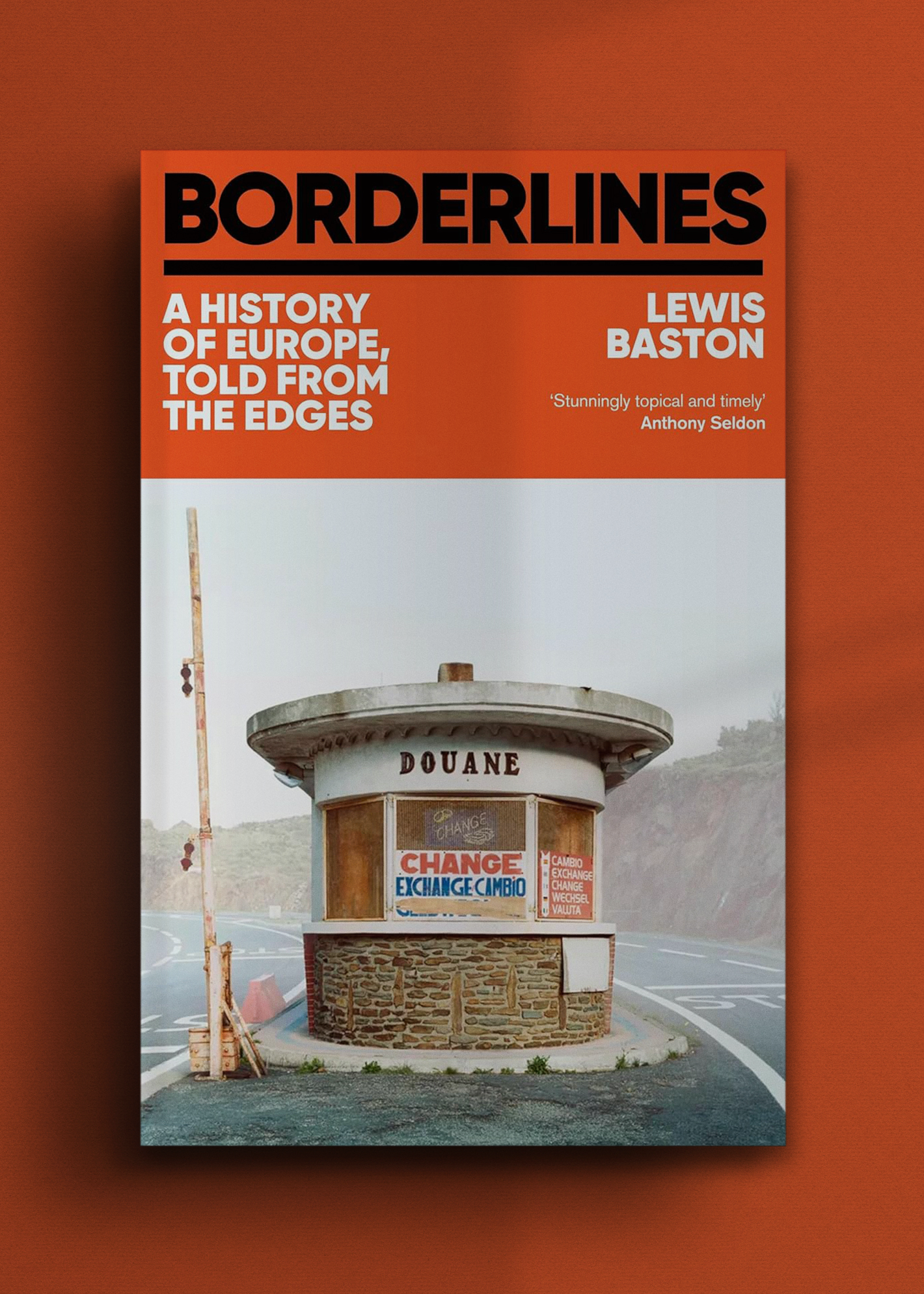
Borderlines by Lewis Baston
Hodder, 6 June, 2024
Land borders are funny places. Christopher Hitchens once observed that it was from the peripheries, not the grand imperial capitals, that the wildest fanatics – Hitler was from Austria, for instance, and Stalin from Georgia – sprung. And it is to these uncertain spaces, 'on the edges' that the political journalist Lewis Baston has been drawn as he seeks to find a fresh perspective on European history.
There is a strong personal strand to this book. Baston recounts the story of his very first experience of terrestrial borders when, in the summer of 1984, he crossed in the space of just one morning from France into Germany and from there into Austria. There was a ‘transgressive pleasure’ in this trio of crossings, Baston notes, as he passed through a zone known to the Germans as 'dreiländereck' or 'three nations' corner'.
Baston's attraction to ‘borderlines’ has presented him with a fresh perspective. A blend of popular history and travelogue, Borderlines is crisply written and revealing. It ventures through checkpoints and along frontiers, from Schengen to Königsberg, making an enlightening portrait of modern Europe.


From Tudor to Stuart by Susan Doran
Oxford University Press, 6 June, 2024
Between two and three o'clock in the morning of Thursday 24 March 1603, Queen Elizabeth I of England died. The Monarch's death prompted a period of introspection as people gazed back over the great challenges and triumphs of the previous half-century. It also—as Susan Doran, a Senior Research Fellow at Jesus College in Oxford, sets out in this authoritative and deeply researched history—instigated a complex process of Early Modern regime change.
From Tudor to Stuart frames a fraught and consequential period of history. While the Tudors, as Doran points out, have been exhaustively studied and written about, the Stuarts have received much less popular interest. And yet, the decade or so covered by the book includes moments of huge historical significance, from the Union of the Crowns to the Gunpowder Plot. Doran's central protagonist is King James I. 'An intriguing figure', she writes, 'as clever and witty as his predecessor [he was] just as skilled in the arts of deception and realpolitik.

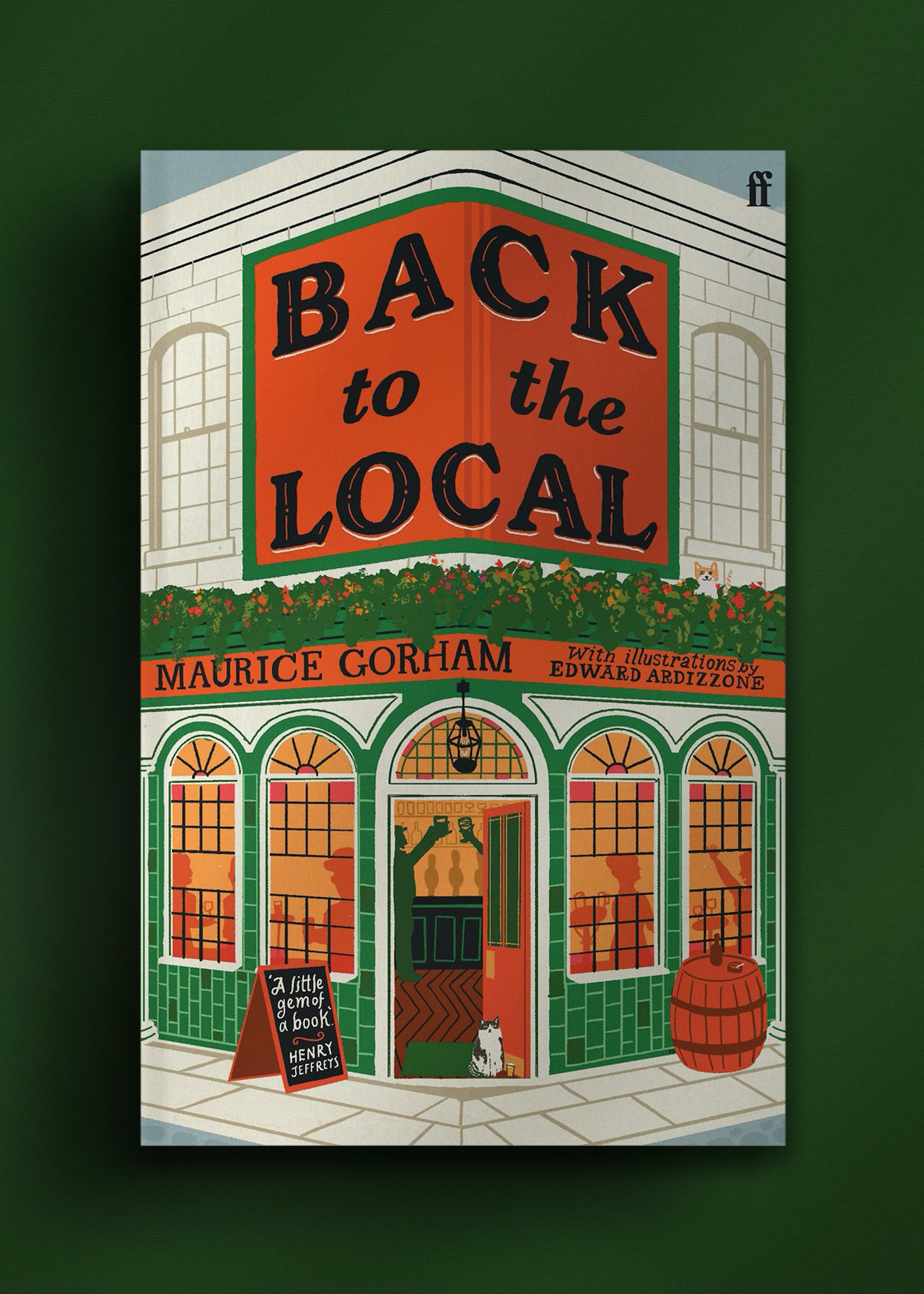
Back to the Local by Maurice Gorham
Faber, 6 June, 2024
‘I defy you to read this intoxicating tome and not fancy a pint or two on every page’, writes Robert Elms in a new introduction to this classic work.
Originally published in 1949, when much of central London was still recovering from the commotions wrecked upon it by the Luftwaffe, Back to the Local is an affectionate look (Elms describes it rather cutely as ‘a languorous crawl’) through the capital's public houses. To Gorham, at the time there seemed something stoic and timeless about these hostelries. His careful evaluation of them is split up into a series of short and jaunty chapters: ‘The Regulars’, ‘The Saloon’, ‘Drunks’ and so on.
Published in a small format so that it can be tucked in a back pocket during a trip to the Cheshire Cheese or Prospect of Whitby, Back to the Local is a delightful book — it blends Pickwickian wit with something reminiscent of Orwell's social commentary, of the type that appeared in his fabled Evening Standard columns.

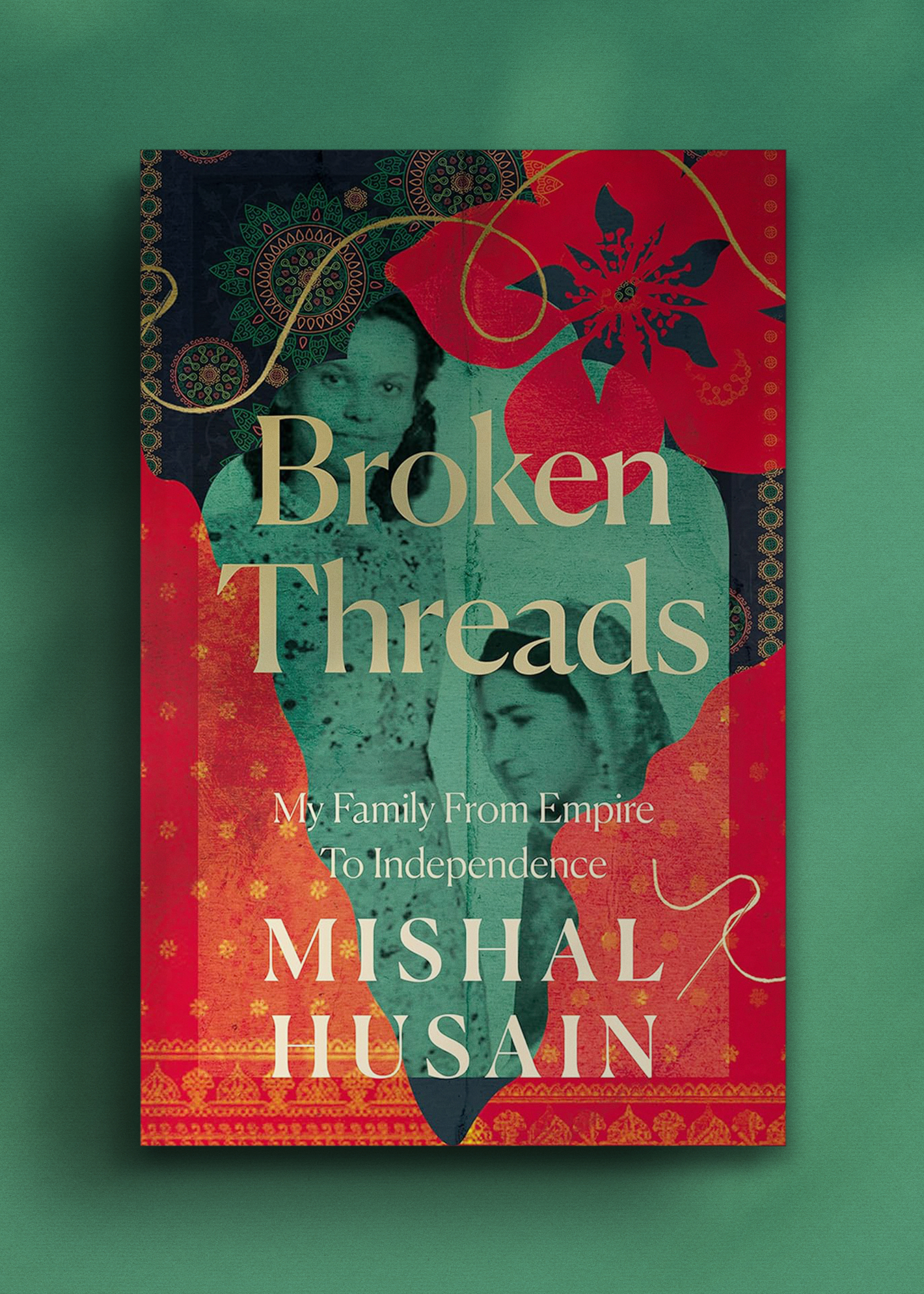
Broken Threads: My Family from Empire to Independence by Mishal Husain
Fourth Estate 6 June, 2024
In the summer of 1947 a British lawyer called Sir Cyril Radcliffe was dispatched to India, a country he had never visited before, to settle the problem of partitioning the restless country into new nation-states. The violent chaos that ensued during the 'Partition' of that summer has been the subject of many histories since, as succeeding generations have sought to make sense of one of the largest forced migrations in human history.
The BBC's Mishal Hussain's new book, Broken Threads, looks back to this disruptive and traumatic history. Propelled into a journey of self-discovery by the appearance of an old sari, Hussain charts in elegant prose the many revelations that follow. In an age when questions of home and identity remain acute to so many, Hussain's story is one filled with significant emotional power.

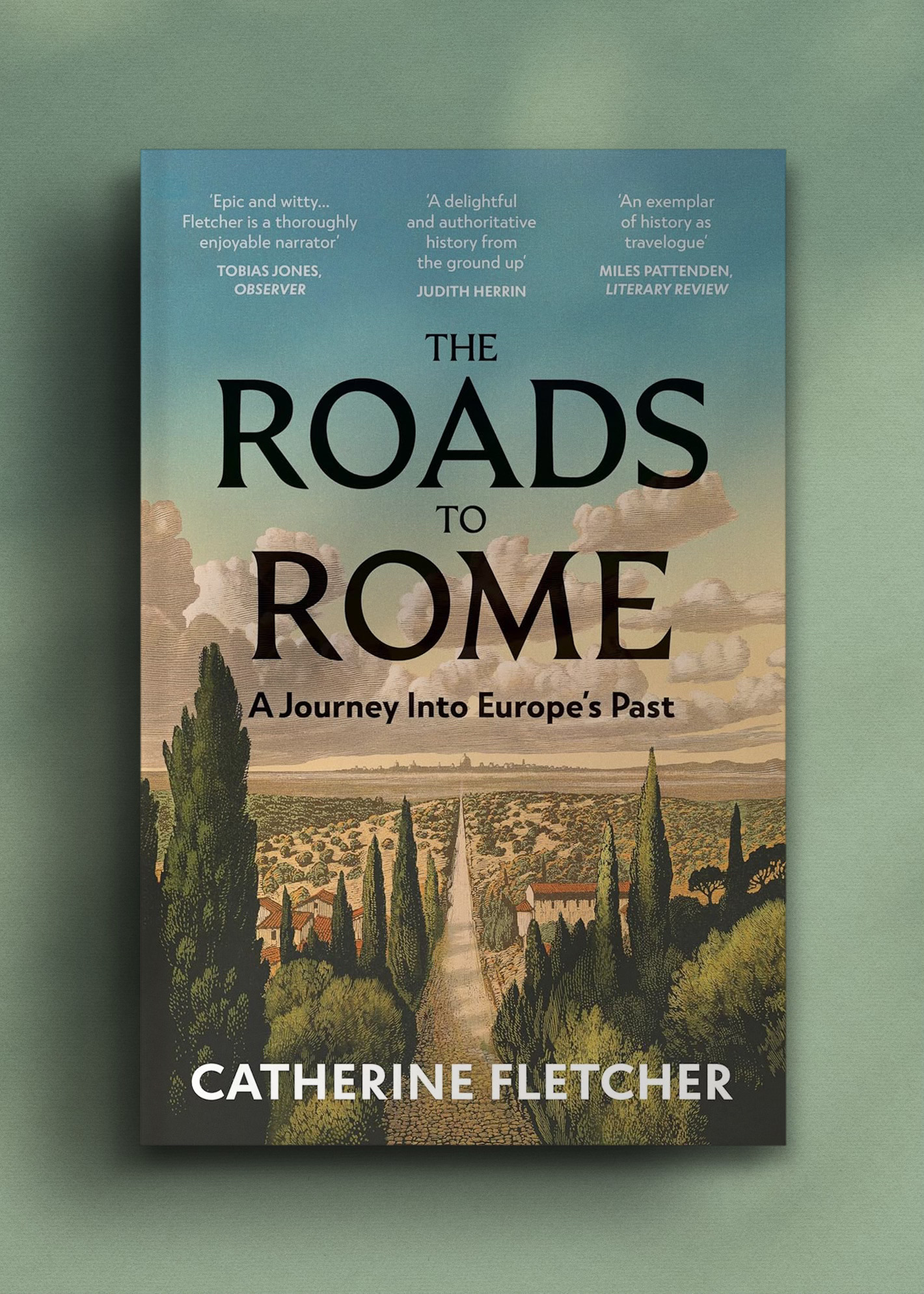
The Roads To Rome by Catherine Fletcher
Bodley Head, 13 June, 2024
Many readers will recognise the anecdote that opens Catherine Fletcher's The Roads to Rome. As a child, bundled into the back of her parents' old Renault 12. whenever they hit a long straight stretch her father 'would announce it as a Roman road'.
Such statements can act powerfully on a child's imagination and in this case, after many years of study and the flowering of an academic career, Fletcher has produced this terrifically researched, sweeping study into the idea (or conception) of the Roman road.
As much as their buildings — the aqueducts, temples, circuses and everything else — Fletcher contends that the Romans' roads survive as powerful memorials of their time. The most famous of the roads is unquestionably the Appian Way but this book is freighted with the stories of scores of others as well. Arranged chronologically, most of the book is set in the years after the fall of the Roman Empire and it investigates how the idea of 'the Roman road' developed as the centuries passed.
Stones of Empire
Catherine Fletcher reflects upon travellers' tales and political spaces as she follows Europe's Roman roads

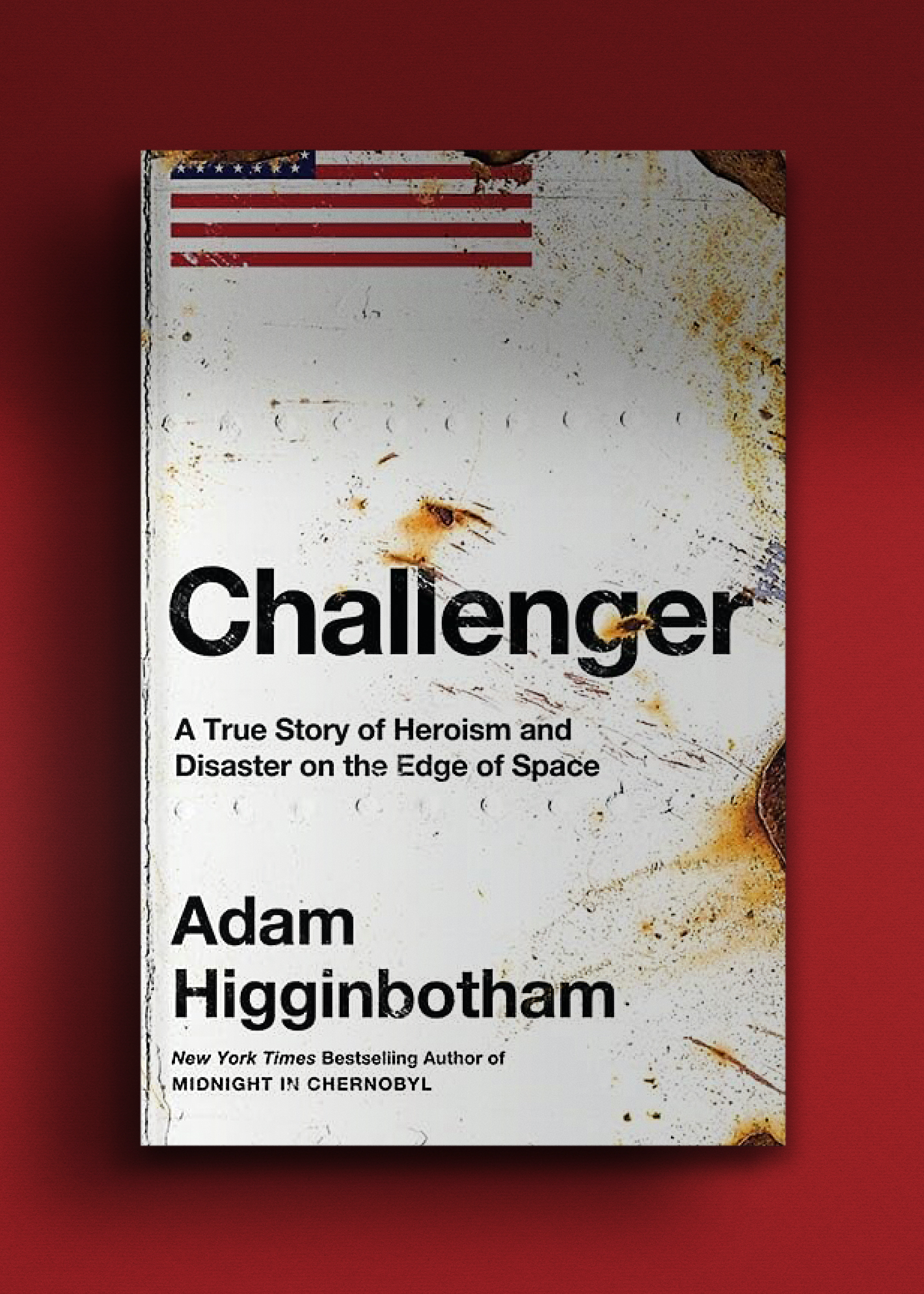
Challenger by Adam Higginbotham
Viking, 13 June, 2024
The British journalist Adam Higginbotham is well known for his terrifying, transfixing study of the 1986 nuclear disaster in the Soviet Union, Midnight in Chernobyl. In this follow up he has edged a few months back in the same year, to January 1986, and to the scene of another monumental tragedy: the disastrous launch of the SS Challenger in Florida.
While the Chornobyl accident took place in the shadows, the Challenger explosion occurred in full public view, with the dreadful accident broadcast live on television. In this breathtaking, cinematic narrative, Higginbotham reconstructs the whole story as it unfolded. He combines dogged journalistic research with the unremitting pace of a thriller writer's prose style. There will be few more gripping non-fiction books published this year.

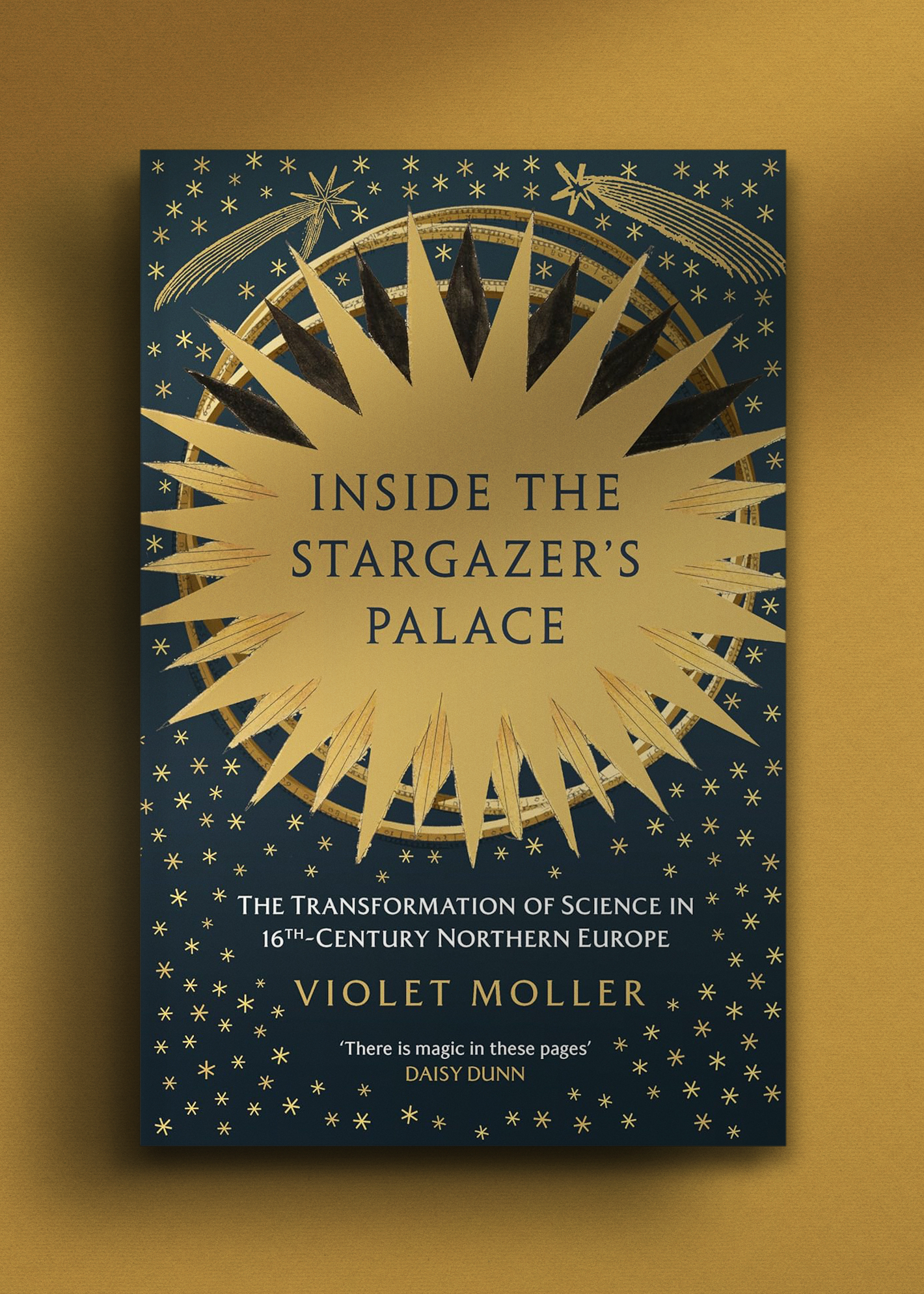
Inside the Stargazer's Palace by Violet Moller
Oneworld, 13 June, 2024
In the long and rich history of science, the sixteenth century was a particularly intriguing time. Balanced precariously between the prejudices of the past and the possibilities of the future, the catalyst for what Violet Moller terms its 'transformation' came with the declaration by Nicolaus Copernicus in De Revolutionibus Orbium Coelestium (1543) that the Earth revolved around the Sun rather than the opposite way around.
Histories set in this age tend to focus strongly on the complex interpersonal dynamics of the Tudors, and particularly Henry VIII's lurid succession of marriages. Moller's history reveals an entirely different side of this fascinating century as she delves deeply into its intellectual life. Her narrative looks specifically towards the north of Europe and the revolutionary work of Tycho Brahe in his Danish observatory. Gazing upwards towards the Heavens, Brahe was among those to sense the Scientific Revolution that was to come.


Champion of English Freedom by Robin Eagles
Amberley, 15 June, 2024
Few people remember John Wilkes today, but in the early years of the reign of King George III, he was among the most famous (or infamous) figures in British politics. In the 1760s his bravura attacks against what he viewed as a corrupted establishment upset all the political orthodoxies. Despite all the attempts to silence him — Wilkes was thrown out of Parliament, declared an outlaw, chased into exile and then locked up in the King's Bench Prison — he continued to be a popular hero.
In this age of Trump and Johnson, there's relevance as well as colour to Wilkes's story. This new study of his life by Robin Eagles, who has been working on his private papers for many years, is both enlightening and authoritative and it should be read very carefully by those in Westminster for the warnings it contains.

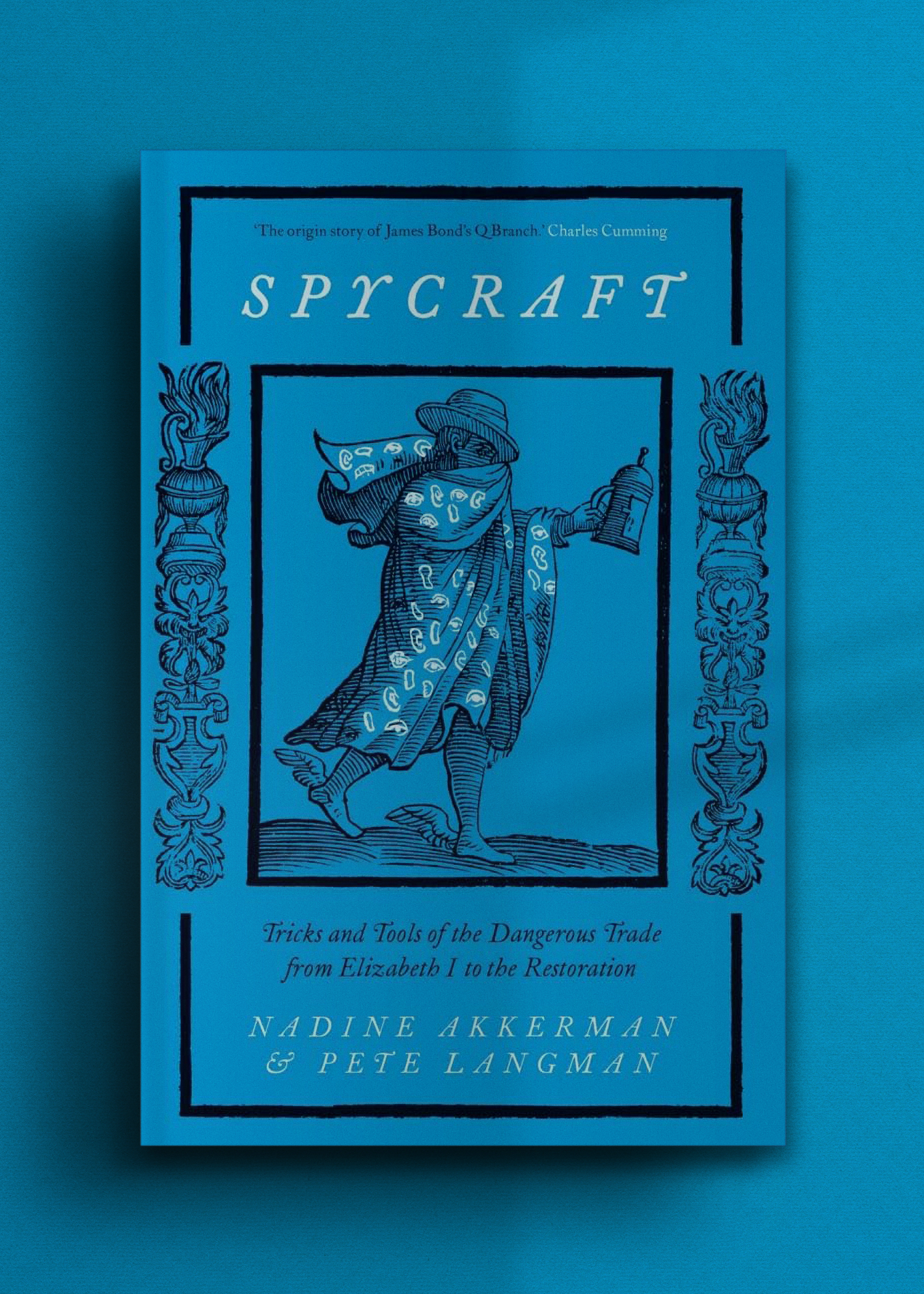
Spycraft by Nadine Akkerman and Pete Langman
Yale University Press, 25 June, 2024
Sir Henry Wootton's wonderful 1604 definition of an 'ambassador' as 'an honest gentleman sent to lie abroad for the good of his country', is a good one to recall when thinking about the seventeenth century. It was a time of high manners and courtly deference, but it was also an age of tricks, subterfuge and spies.
Few books demonstrate this truth more squarely than Spycraft, a rich and roving evaluation of the underhand operations that were frequently conducted in the Early Modern world. A brilliantly researched survey, it is filled with accounts of cyphers and invisible ink, letter drops and safe houses. Readers will surely be intrigued to learn about the weapons that were used during assassination attempts. One consisted of five pistols that were fastened together. When hidden away inside a hat, all the attacker had to do was ask his target to bow in welcome. Then Bang! They were gone.

This month's Previews were by Peter Moore.
📸 Dive into our Features
🎤 Read Interviews
🎧 Listen to Podcasts
🖼️ Buy fine art prints & more at our Store


